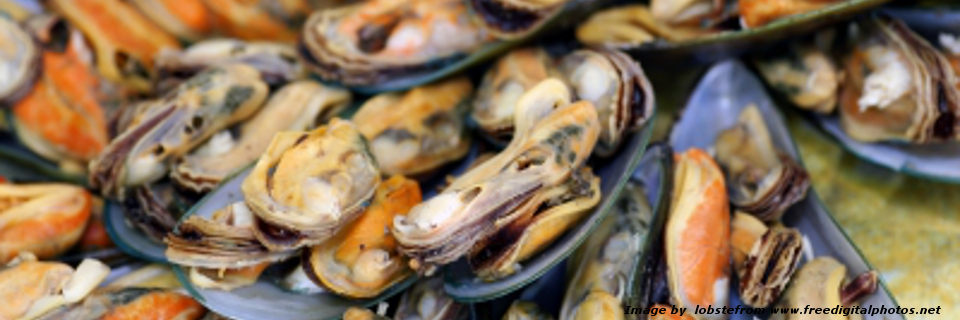Ricerca
Synergistic Effect of High Hydrostatic Pressure (HHP) and Marination Treatment on the Inactivation of Hepatitis A Virus in Mussels (Mytilus galloprovincialis)

26/01/2017
Enrico Pavoni, Giuseppe Arcangeli, Elena Dalzini, Barbara Bertasi, Calogero Terregino, Francesco Montesi, Amedeo Manfrin, et al.
Food and Environmental Virology The Official Journal of the International Society for Food and Environmental Virology
Food Environ Virol (2015) 7:76–85
DOI 10.1007/s12560-014-9167-z
© 2014, Springer Science+Business Media New York. Consumption of raw or insufficiently cooked mussels contaminated with hepatitis A virus (HAV) is a major cause of infection to humans. The origin of mussels commonly used for the preparation of marinated seafood salads is often unknown, since different producers worldwide undergo a precooking treatment at the original collection site with methods and parameters not always indicated. These treatments could be insufficient for the inactivation of HAV, which is characterized by a high temperature resistance. Both high hydrostatic pressure (HHP) and marinade treatments have been shown to affect HAV vitality. In this study, two treatments (HHP and marinating) were combined in order to assess a potential synergistic effect on the virus vitality. A kinetic test was conducted by subjecting the experimentally-contaminated mussels (HAV titre: 106/ml TCID50) to marinating, and to different HHP treatment (4,000; 5,000; and 6,000 bar for 1, 5, and 9 min). Virus post-treatment vitality was assessed by its ability to grow on cell cultures and by quantitative real-time RT-PCR to evaluate virus resistance under such conditions. Marinating treatment alone (final pH 4.3, and NaCl 2 %) did not inactivate the virus. On the other hand, the use of HHP treatment alone on non-marinated HAV-contaminated mussels was effective only above 5,000 bar for 5 min. The results of the present study elucidate the synergistic effect of a combination between marination and HHP treatments on the inactivation of the virus.

